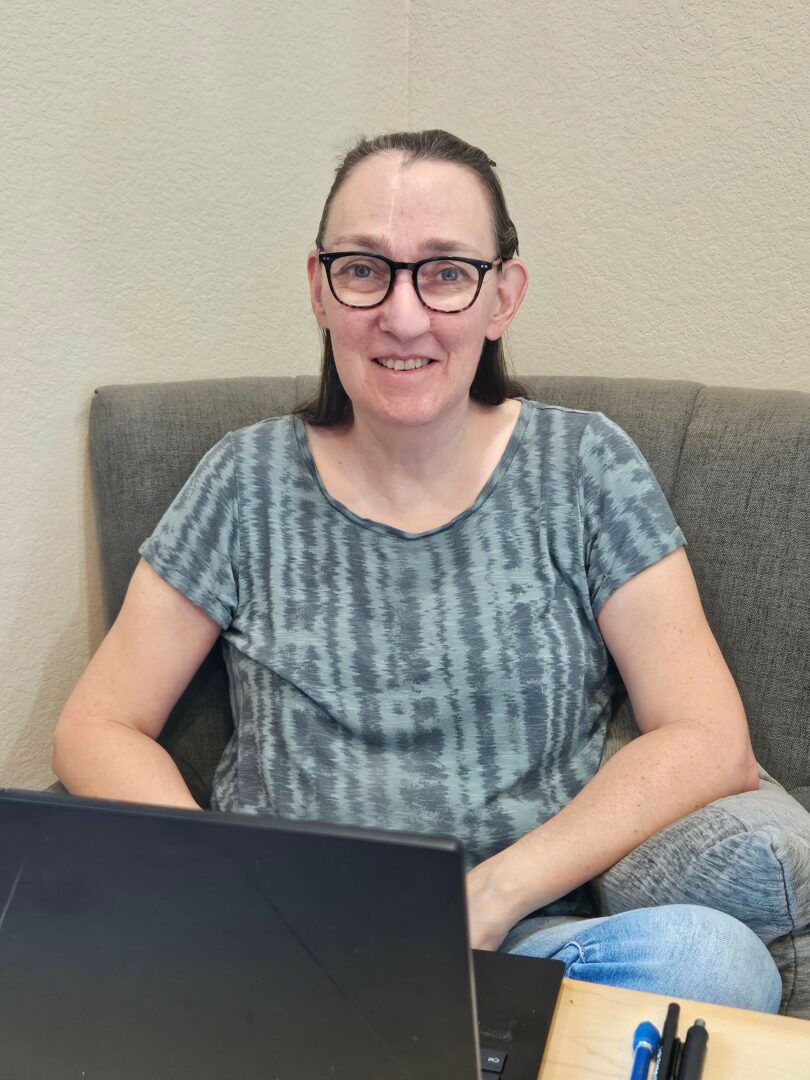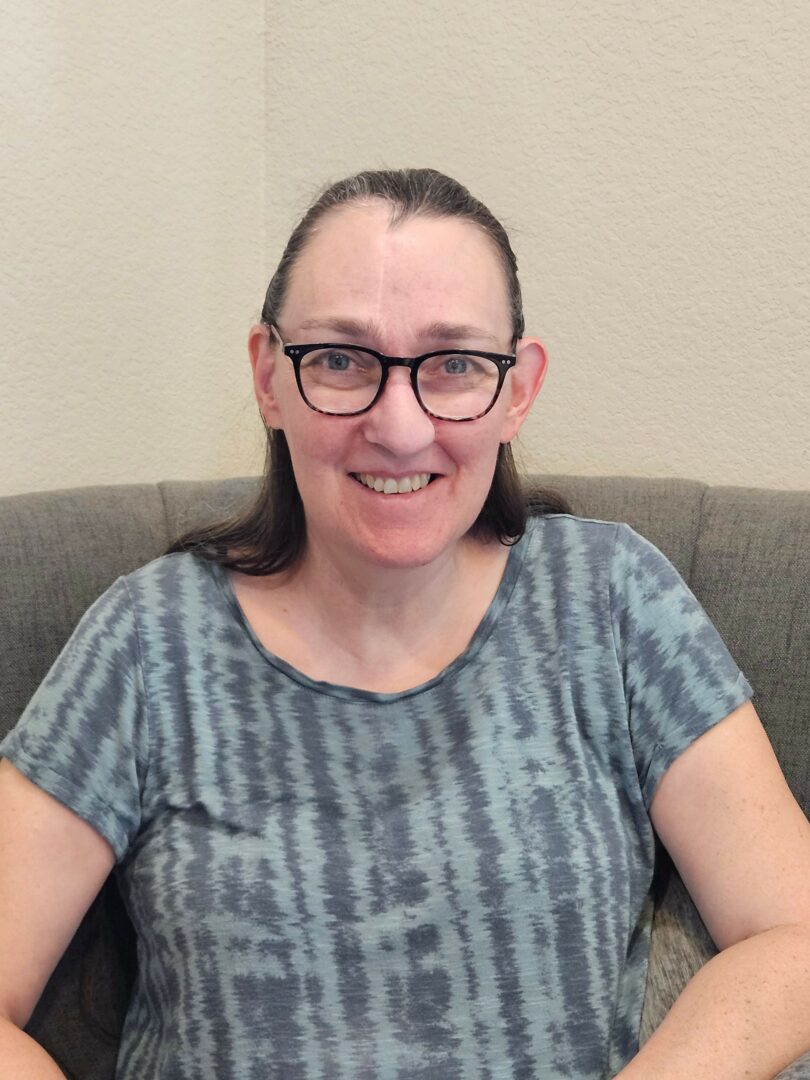Alright – so today we’ve got the honor of introducing you to Liz Watts. We think you’ll enjoy our conversation, we’ve shared it below.
Liz, so great to be with you and I think a lot of folks are going to benefit from hearing your story and lessons and wisdom. Imposter Syndrome is something that we know how words to describe, but it’s something that has held people back forever and so we’re really interested to hear about your story and how you overcame imposter syndrome.
I believe that imposter syndrome isn’t something you overcome, but rather an overhelpful and sometimes misguided part of you that is helping you stay on track. We all need a little imposter syndrome to keep ourselves in check, but it certainly can go too far the other way.
I’m a work in progress when it comes to imposter syndrome! A turning point in my journey to turn the dial down on my own imposter syndrome was right at the beginning of my career as a therapist. I was about to see my first two clients. I had been looking forward to getting to this point, albeit nervously, finally getting to put into practice what I had learned in grad school. I tried to be “just right” and what I perceived as being professional. My image of being professional was very formal, closed off to who I am as a person, and a need to be an expert. This was so not me that it lasted two sessions. I gave myself a stern talking to, that I needed to be myself or I would burn out quickly. My approach is still professional, but it’s also me – approachable, genuine, authentic, and laid back, but also firm when needed. I learned to be myself, not the person I thought a therapist should be.

Thanks for sharing that. So, before we get any further into our conversation, can you tell our readers a bit about yourself and what you’re working on?
I’m a therapist (mental health counselor) and I have been working with clients since 2020. My interest in being a therapist stems from my experiences as a musician. I play the violin and performance anxiety has always been my biggest struggle. For many years the only advice I received was that I needed to prepare better for performances, in other words, I hadn’t worked hard enough, or that I needed to keep putting myself in performance situations until I got used to it, in other words, I wasn’t tough enough. I couldn’t believe that there wasn’t a better answer for my performance anxiety. On advice from a friend, I started to take psychology classes at my local community college. I found them really interesting, and I wanted to learn more! Because I already had a bachelor’s degree in music, I learned I could go to grad school to study counseling. This opened the door to working directly with clients. I now have my own solo private practice, and I hope to work with performance anxiety and imposter syndrome alongside issues such as anxiety, mood disorders, and life transitions. I also offer EMDR which I find helpful for working with negative self-beliefs as they are often rooted in trauma.
If you had to pick three qualities that are most important to develop, which three would you say matter most?
Three qualities that I think have been most impactful in my journey have been responsibility, curiosity, and being brave about putting myself out there.

Tell us what your ideal client would be like?
My ideal client is someone who is open to gaining more insight into their difficulties. I am relational in my work, and I hope that helps my clients feel like they can talk about anything without being judged. My ideal client would also be open to learning new skills and new ways of interacting with other people and/or other situations.
I expect my clients to come to the therapy session with an idea of what they would like to talk about. This could be something related to why they sought out therapy in the first place, or it could be something new. I also follow up on topics we might have discussed in previous sessions.
Contact Info:
- Website: https://www.LizWattsCounseling.com
so if you or someone you know deserves recognition please let us know here.




